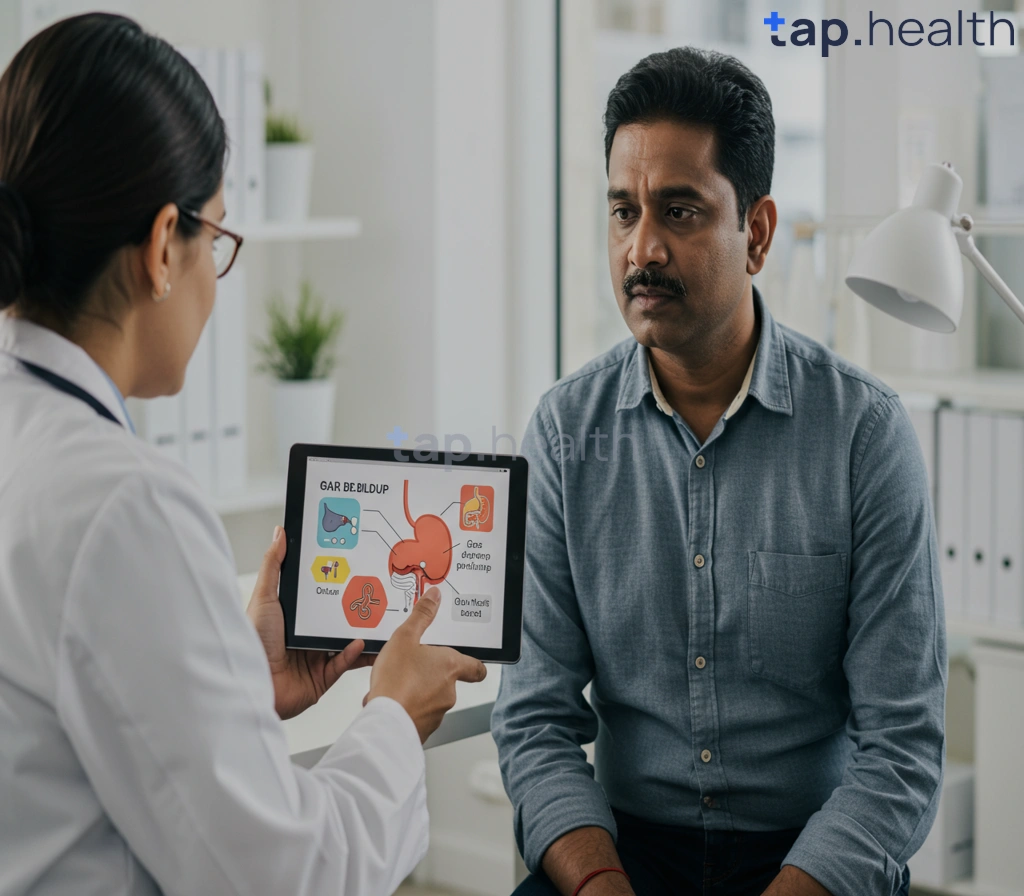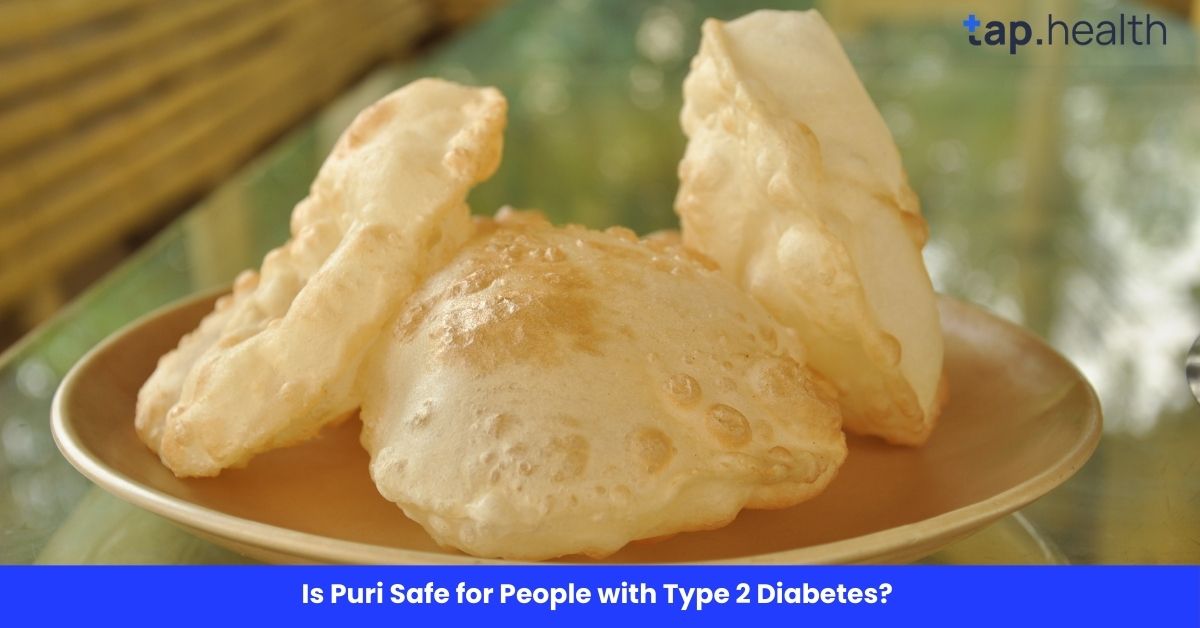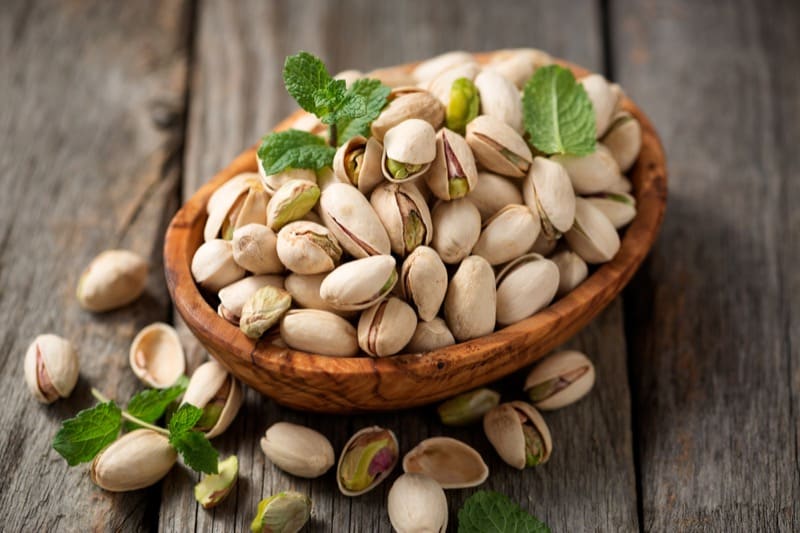Table of Contents
- Excessive Gas and Diabetes: When to Seek Medical Advice
- Understanding the Link Between Intestinal Gas and Diabetes
- Is Your Gas Related to Your Diabetes? Find Out Now
- Managing Excessive Gas with Diabetes: Expert Tips and Advice
- Diabetes and Bloating: When Should You Consult a Doctor?
- Frequently Asked Questions
- References
Dealing with excessive intestinal gas is never fun, but for those living with diabetes, it can sometimes signal something more serious. While occasional bloating is normal, persistent and severe gas might be linked to underlying issues impacting your blood sugar management. This blog post explores the connection between Excessive Intestinal Gas and Diabetes, helping you understand when those uncomfortable symptoms warrant a visit to your doctor or other healthcare professional. We’ll delve into potential causes, effective management strategies, and most importantly, when professional help is absolutely needed to ensure your overall health and well-being.
Excessive Gas and Diabetes: When to Seek Medical Advice
Excessive intestinal gas, or flatulence, is a common digestive problem, but its relationship with diabetes, particularly in tropical and Indian climates, warrants attention. While not a direct symptom of diabetes itself, increased gas can be a consequence of dietary changes, medication side effects, or underlying gut health issues often exacerbated by the high carbohydrate diets prevalent in many parts of India and other tropical regions. Understanding the interplay between these factors is crucial for effective management.
Recognizing the Warning Signs
A significant increase in gas alongside other symptoms might indicate a need for medical attention. For example, if you experience persistent bloating, abdominal discomfort, and changes in bowel habits accompanied by elevated blood glucose levels, it’s essential to consult a healthcare professional. Remember that a blood glucose level of 6.5% or higher suggests diabetes, while levels between 5.7% and 6.4% indicate prediabetes—both conditions needing careful monitoring and management. These levels are critical indicators and should be discussed with your doctor.
Seeking Help in India and Tropical Countries
In many Indian and tropical countries, access to healthcare can vary. However, early diagnosis and intervention are key to managing both diabetes and associated digestive problems. Don’t hesitate to seek professional medical advice if you are experiencing excessive gas along with other symptoms such as weight loss, frequent urination, or excessive thirst. Early detection can prevent complications and improve your overall health and quality of life. Consult your doctor or a qualified diabetologist to discuss your concerns and receive personalized guidance. They can help determine if your gas is related to your diabetes management or another underlying issue. Managing diabetes effectively often involves careful consideration of diet, and sometimes, even seemingly minor digestive issues like how to safely enjoy alcohol while managing diabetes can impact overall health. Furthermore, understanding the connection between digestive discomfort and other symptoms is important; for instance, experiencing gas and headaches might indicate a need for further investigation.
Understanding the Link Between Intestinal Gas and Diabetes
Excessive intestinal gas, or flatulence, is a common complaint, but its connection to diabetes, particularly in regions like India and other tropical countries, warrants attention. While not directly causal, increased gas can be a symptom of underlying digestive issues exacerbated by diabetes or its management. Poor blood sugar control, a hallmark of diabetes, can disrupt gut microbiota balance, leading to increased gas production. This imbalance can manifest as bloating, abdominal discomfort, and frequent flatulence, significantly impacting quality of life. Certain medications used to manage diabetes can also contribute to these gastrointestinal issues.
Dietary Factors and Regional Considerations
Dietary habits play a crucial role. Many traditional diets in Indian and tropical countries are rich in carbohydrates and legumes, known to cause gas in susceptible individuals. For people with diabetes, managing carbohydrate intake is already critical for blood sugar control. The challenge lies in finding a balance that addresses both diabetes management and minimizes gas-related discomfort. This often necessitates careful meal planning and potentially consulting a registered dietitian specializing in diabetes management. Understanding the link between diabetes and obesity Understanding the Link Between Diabetes and Obesity is also crucial, as weight management plays a significant role in diabetes control and can indirectly influence digestive health.
When to Seek Professional Help
Persistent, excessive gas alongside other symptoms like abdominal pain, weight loss, or changes in bowel habits should not be ignored. These could indicate more serious underlying conditions. Given that smokers with diabetes face a doubled mortality risk from cardiovascular issues, any additional health concerns need prompt medical attention. In India and other tropical countries with diverse dietary patterns and varying access to healthcare, proactive consultation with a gastroenterologist or diabetologist is crucial for personalized diagnosis and management. Don’t hesitate to seek professional help if excessive gas significantly impacts your daily life or if you experience concerning symptoms. Early intervention can improve your overall health and quality of life. It’s also important to consider the potential connection between diabetes and other metabolic issues, such as The Link Between Diabetes and Fatty Liver, as these can further complicate digestive problems.
Is Your Gas Related to Your Diabetes? Find Out Now
Excessive intestinal gas, or flatulence, is a common problem, but it can be particularly concerning for individuals with diabetes. While not directly caused by diabetes itself, several factors related to the condition can significantly contribute to increased gas. For example, certain diabetes medications can alter gut flora, leading to digestive discomfort and increased gas production. Poorly managed blood sugar levels can also impact gut health, potentially exacerbating the issue. This is especially relevant in the Indian subcontinent and tropical regions where dietary habits and access to healthcare can vary greatly.
The Prevalence of Diabetes and Digestive Issues
According to the International Diabetes Federation Diabetes Atlas, a significant percentage of the global diabetes population falls within the 20-64 age group (61%), a demographic often experiencing active lifestyles and diverse dietary choices. In regions like India and other tropical countries, dietary habits frequently include foods high in carbohydrates and fermentable fibers, which can lead to increased gas production in individuals with or without diabetes. The older demographic (39%) often faces additional challenges with digestive health, making gas a more pressing concern. Understanding how diabetes affects blood flow can also shed light on digestive complications. For more information, check out our article on How Does Diabetes Affect Blood Flow?
When to Seek Professional Help
While occasional gas is normal, persistent or severe bloating, accompanied by other symptoms like abdominal pain, diarrhea, or constipation, warrants medical attention. This is especially true for individuals with diabetes, as uncontrolled gas could indicate underlying digestive issues or complications related to their diabetes management. Consulting a gastroenterologist or a diabetologist in your region is crucial to identify the root cause and develop a personalized management plan. This is particularly important in areas with limited access to specialized healthcare, ensuring timely diagnosis and treatment. Don’t hesitate to seek professional advice if excessive gas is impacting your quality of life. It’s also important to consider the broader question of diabetes management; learn more about the possibility of reversing diabetes by reading our article, Can You Get Rid of Diabetes? – Tap Health.
Managing Excessive Gas with Diabetes: Expert Tips and Advice
Excessive intestinal gas, or flatulence, is a common digestive problem, and it can be particularly challenging for individuals with diabetes. Many factors contribute to this, including dietary choices, medication side effects, and underlying health conditions. In India, and across many tropical countries, the prevalence of digestive issues alongside diabetes is significant. This is further complicated by the high prevalence of hypertension among diabetics in India; over 60% of people with diabetes in India also have hypertension, which can impact digestive health.
Dietary Adjustments for Gas Relief
Managing gas effectively requires a careful approach to diet. Focus on reducing foods known to trigger gas, such as beans, lentils, cruciferous vegetables (cabbage, broccoli, cauliflower), and carbonated drinks. Smaller, more frequent meals can also aid digestion. Incorporating foods rich in fiber, like oats and psyllium husk (after consulting your doctor), can help regulate bowel movements and reduce gas, but start slowly to avoid initial discomfort. Staying well-hydrated is crucial for optimal digestion. For more comprehensive strategies on diabetes management, including dietary tips, you might find our guide, 10 Proven Tips to Effectively Manage Diabetes, helpful.
Lifestyle Changes and Professional Guidance
Regular exercise, stress management techniques like yoga and meditation, and maintaining a healthy weight are essential for overall health, including digestive health. However, if gas persists despite these efforts, or if it’s severe or accompanied by other symptoms (like abdominal pain or bloating), it’s crucial to seek professional medical help. A doctor can help identify the underlying cause and recommend appropriate treatment, possibly including medication adjustments or dietary supplements if needed. Don’t hesitate to consult a gastroenterologist or diabetologist in your area for personalized advice, especially if you also have hypertension. Early intervention is key to managing both diabetes and related digestive problems effectively. Remember that consistent management is key, and you can learn more about effective strategies in our article, 10 Proven Tips for Effective Diabetes Management.
Diabetes and Bloating: When Should You Consult a Doctor?
Excessive intestinal gas, or bloating, is a common problem, but it can be particularly concerning for individuals with diabetes. Managing blood sugar levels is crucial, and digestive issues can sometimes complicate this process. While occasional bloating might be benign, persistent or severe bloating warrants a visit to your doctor, especially in the context of diabetes management in Indian and tropical climates.
Understanding the Connection
The link between diabetes and bloating isn’t always straightforward. However, several factors can contribute. Poorly controlled blood sugar can affect gut bacteria, leading to increased gas production. Furthermore, certain diabetes medications can have gastrointestinal side effects, including bloating. Dietary choices also play a significant role. For example, consuming too many carbohydrates – exceeding the generally recommended 45–60 grams per meal for many individuals with diabetes (depending on individual needs) – can trigger excessive gas production. This is particularly relevant in regions like India where carbohydrate-rich diets are prevalent. Understanding the early signs of diabetes is crucial for early intervention. For more information, you can read our article on 10 Early Signs and Symptoms of Diabetes?
When to Seek Medical Attention
You should consult a doctor if your bloating is accompanied by other symptoms such as severe abdominal pain, persistent nausea, vomiting, changes in bowel habits, unexplained weight loss, or blood in your stool. These could indicate underlying conditions requiring immediate medical attention. In tropical climates, dehydration can exacerbate digestive issues, so staying adequately hydrated is also essential. Don’t hesitate to seek professional help if your bloating significantly impacts your quality of life or interferes with your diabetes management. Early diagnosis and intervention can make a significant difference in preventing complications. It’s also important to be aware that pregnancy can sometimes lead to the development of diabetes. You can learn more about this by reading our article on Can You Develop Diabetes After Pregnancy?
Finding the Right Help
In many parts of India and other tropical countries, access to qualified healthcare professionals is improving. Look for doctors specializing in gastroenterology or endocrinology to get a comprehensive evaluation. They can help determine the root cause of your bloating and develop a personalized management plan that takes your specific needs and dietary habits into account. Remember, proactive management of both diabetes and digestive issues is key to maintaining good health.
Frequently Asked Questions
Q1. What is the connection between excessive intestinal gas and diabetes?
While not a direct symptom, increased gas in diabetics can be linked to dietary changes, medications, or underlying gut issues, especially in regions with high-carbohydrate diets. It’s more concerning if accompanied by other symptoms.
Q2. When should I seek professional help for excessive gas?
Seek immediate medical attention if significant gas is accompanied by bloating, abdominal discomfort, altered bowel habits, and high blood glucose levels (6.5% or higher for diabetes, 5.7-6.4% for prediabetes). Also, consult a doctor if you experience persistent gas with weight loss, frequent urination, or excessive thirst.
Q3. What are the potential risks of ignoring persistent gas and related symptoms?
Ignoring persistent symptoms can lead to serious complications. Early diagnosis and management are crucial, especially considering the interplay of diet, medication, and underlying health conditions.
Q4. How does diet and geography play a role in gas and diabetes?
High-carbohydrate diets, common in tropical and Indian regions, can exacerbate gas issues in individuals with diabetes. Dietary changes are a significant factor to consider when managing both gas and diabetes.
Q5. Where can I find appropriate medical care for this issue?
Access to healthcare varies, particularly in India and tropical countries. It’s essential to consult a doctor or diabetologist for personalized management of your symptoms. They can help determine the underlying cause and recommend the appropriate treatment plan.
References
- A Practical Guide to Integrated Type 2 Diabetes Care: https://www.hse.ie/eng/services/list/2/primarycare/east-coast-diabetes-service/management-of-type-2-diabetes/diabetes-and-pregnancy/icgp-guide-to-integrated-type-2.pdf
- Diabetes Mellitus: Understanding the Disease, Its Diagnosis, and Management Strategies in Present Scenario: https://www.ajol.info/index.php/ajbr/article/view/283152/266731



